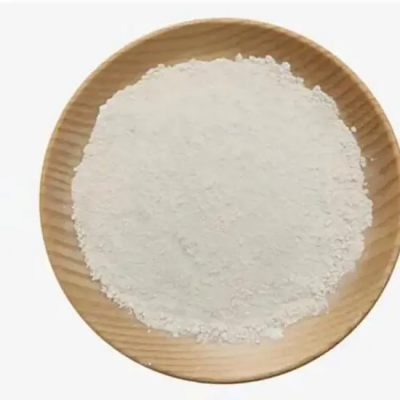Palladium(II) acetate CAS:3375-31-3
Palladium(II) acetate serves as a versatile catalyst in various organic transformations, including cross-coupling reactions, carbon-carbon bond formation, and oxidation reactions. Its high catalytic activity and stability make it a valuable tool for synthesizing complex organic molecules and pharmaceutical intermediates. Moreover, this compound is utilized as a precursor for the preparation of other palladium catalysts and nanoparticles used in catalysis and materials science. It plays a crucial role in facilitating key bond-forming reactions and promoting stereochemical control in organic synthesis, contributing to the development of efficient and sustainable chemical processes. In addition to its role in catalysis, palladium(II) acetate finds applications in materials science for the fabrication of conductive coatings, sensors, and electronic components. It can be incorporated into polymer matrices or surfaces to impart specific properties such as conductivity, luminescence, or catalytic activity. Furthermore, this compound is employed in research laboratories for investigating reaction mechanisms, developing new synthetic methodologies, and exploring the reactivity of transition metal complexes. Its well-defined structure and reactivity make it a valuable model system for studying organometallic chemistry and catalysis. Overall, palladium(II) acetate serves as a versatile catalyst and material in organic synthesis, catalysis, materials science, and research endeavors, contributing to advancements in various fields of chemistry and technology.
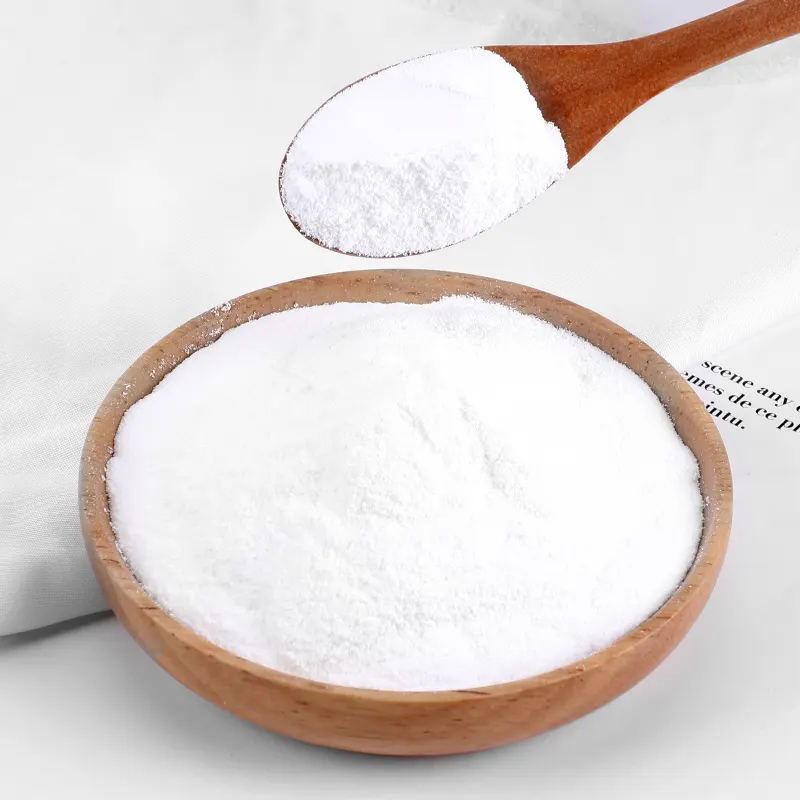
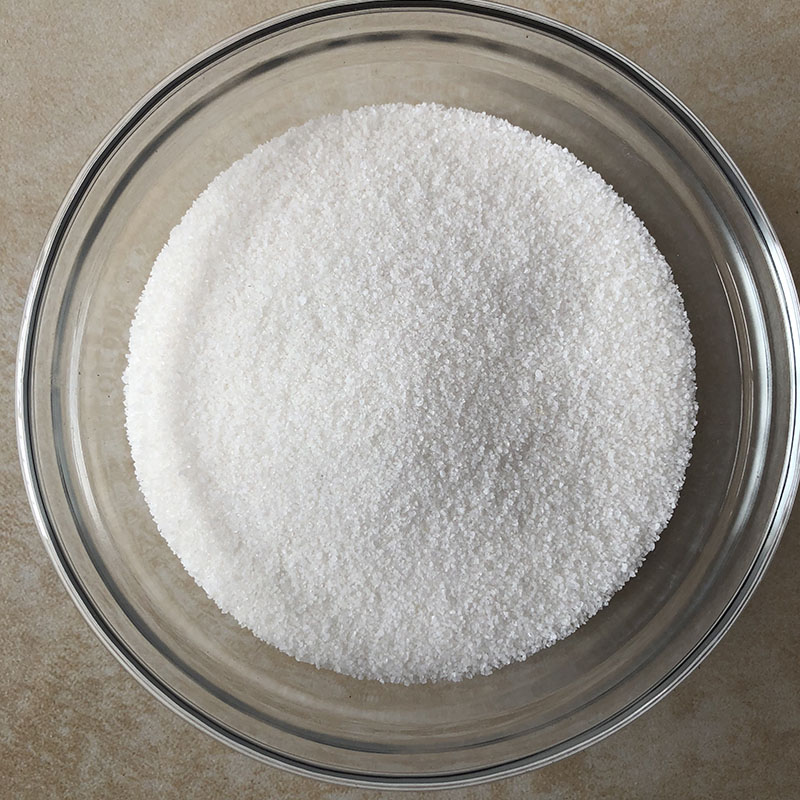
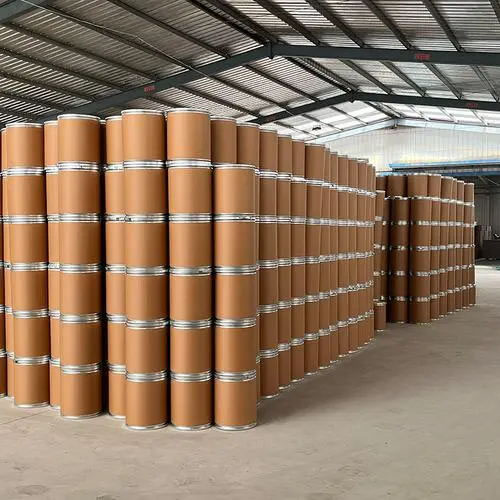
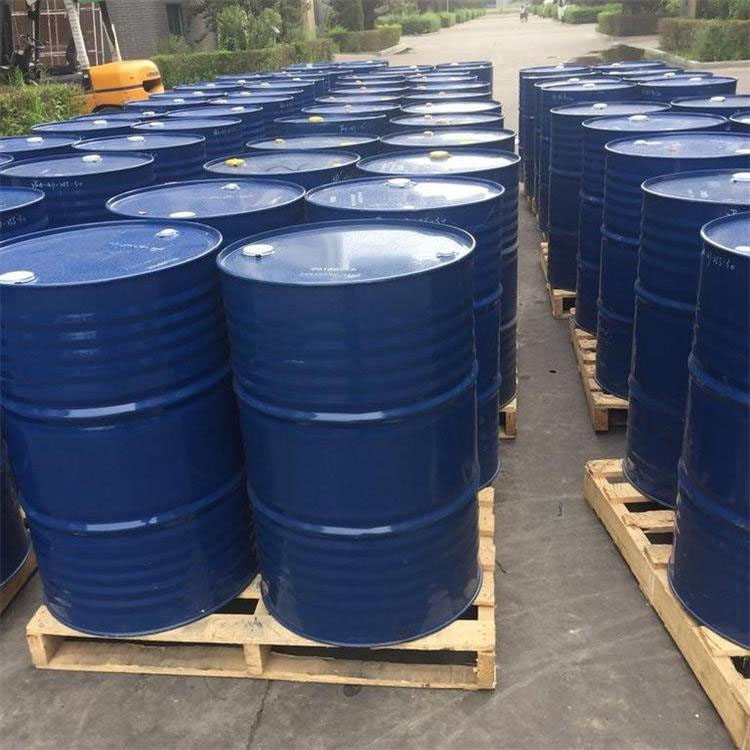
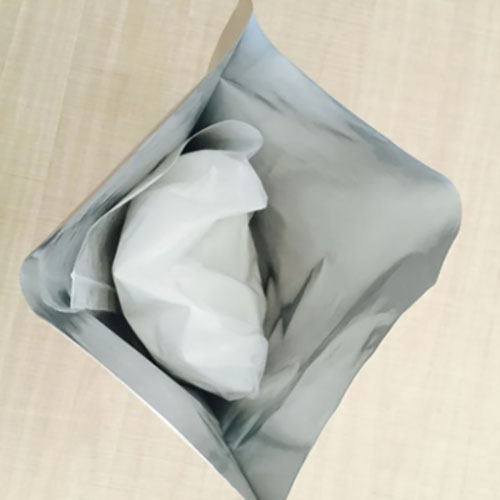
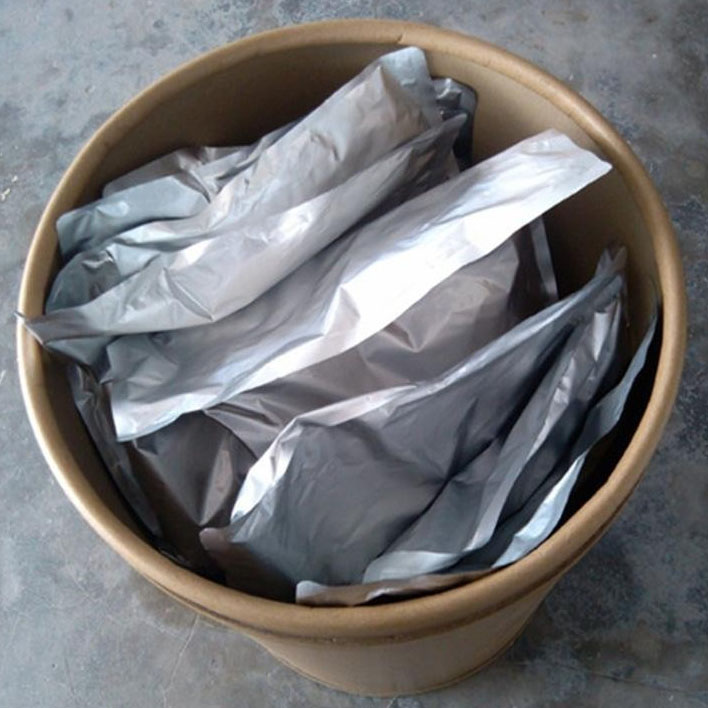
| Composition | Pd(O₂CCH₃)₂ |
| Assay | 99% |
| Appearance | white powder |
| CAS No. | 3375-31-3 |
| Packing | Small and bulk |
| Shelf Life | 2 years |
| Storage | Store in cool and dry area |
| Certification | ISO. |


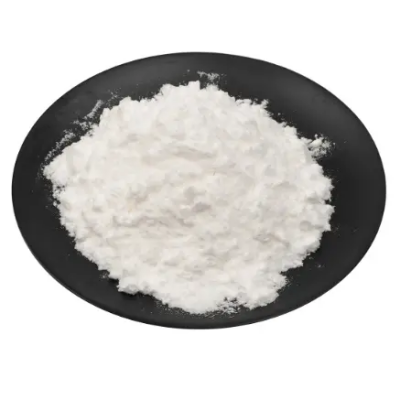

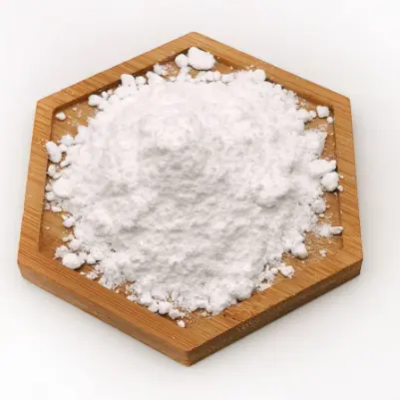
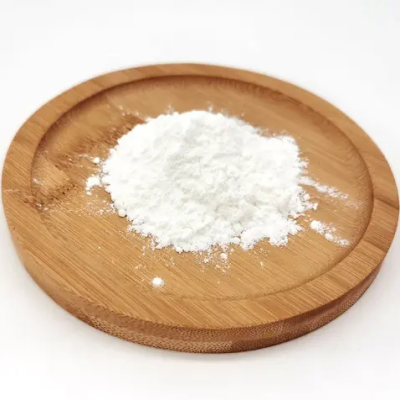

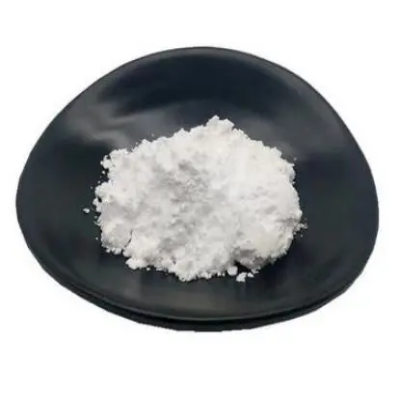
![6-methylthiazolo[5,4-d]pyrimidine-5,7(4H,6H)-dione CAS:932398-74-8](https://cdn.globalso.com/xindaobiotech/YMR4N0CXS3__VGFOZG78.png)
